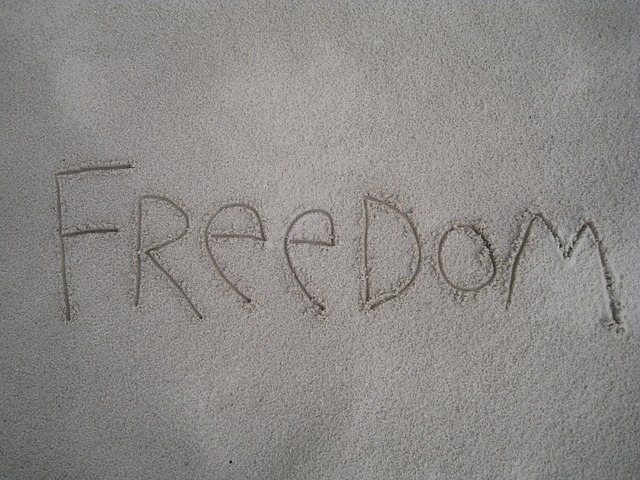In the previous post, I mentioned the triad of awareness – awareness of self, awareness of others and awareness of the world around us. In this post, I want to focus on awareness of others.
It is very difficult to be aware of others and thoughtful towards them in the busyness of our daily lives and the incessant distractions posed by disruptive marketing. Our attention is continuously pulled away from inner awareness and awareness of others.
Our lack of awareness of others is often displayed in our blind spots – we are impervious to the effects of our words and actions on others. It takes a conscious effort to get in touch with our core blind spot which may be blinding us to the needs of others in particular situations – whether at work, at home, or in the community.
Awareness of others requires that we move away from self-absorption. We can become so immersed in our own feelings – pain, anxiety, sadness, boredom – that we are not aware of the feelings and pain of others. We can also be so lost in our thoughts – planning, analysing, critiquing – that there is no room for thoughts of others.
Mindfulness to cultivate awareness of others
Mindfulness meditation is a way to break out of the trap of self-absorption – what Jon Kabat-Zinn describes as thinking that we are the centre of the world. With conscious and consistent meditation practice, we can increase our awareness of, and empathy towards, others around us.
Loving kindness meditation, for example, enables us to think about others and express the desire for them to experience wellness and happiness. It takes us outside our self to thoughts about others and their needs and desires.
A simple related exercise is to recall a situation that has occurred that has caused pain and suffering for someone else or a group of people and place yourself in their situation – “What would they be feeling if they have just lost their child through an accident?” As you engage in empathetic consideration of the people involved – family, friends, colleagues – you can extend the desire for them to manage their grief and to eventually experience equanimity. If you were to do this daily, this could help to cultivate awareness of others.
Forgiveness meditation is a way to take ourselves beyond focus on our own pain and hurt from an interaction with someone else, to thinking about and feeling for the other person in the interaction. It takes considerable awareness to move beyond our own sense of pain and righteousness to reflect on what happened for the other person. Forgiveness meditation is a powerful way to move beyond self-absorption to awareness of others.
As we grow in mindfulness through meditation and reflection, we can cultivate awareness of others – awareness of their pain, thoughts and needs. We can move beyond being self-absorbed to being thoughtful of, and considerate towards, others.
By Ron Passfield – Copyright (Creative Commons license, Attribution–Non Commercial–No Derivatives)
Image source: courtesy of pixel2013 on Pixabay
Disclosure: If you purchase a product through this site, I may earn a commission which will help to pay for the site, the associated Meetup group and the resources to support the blog.

